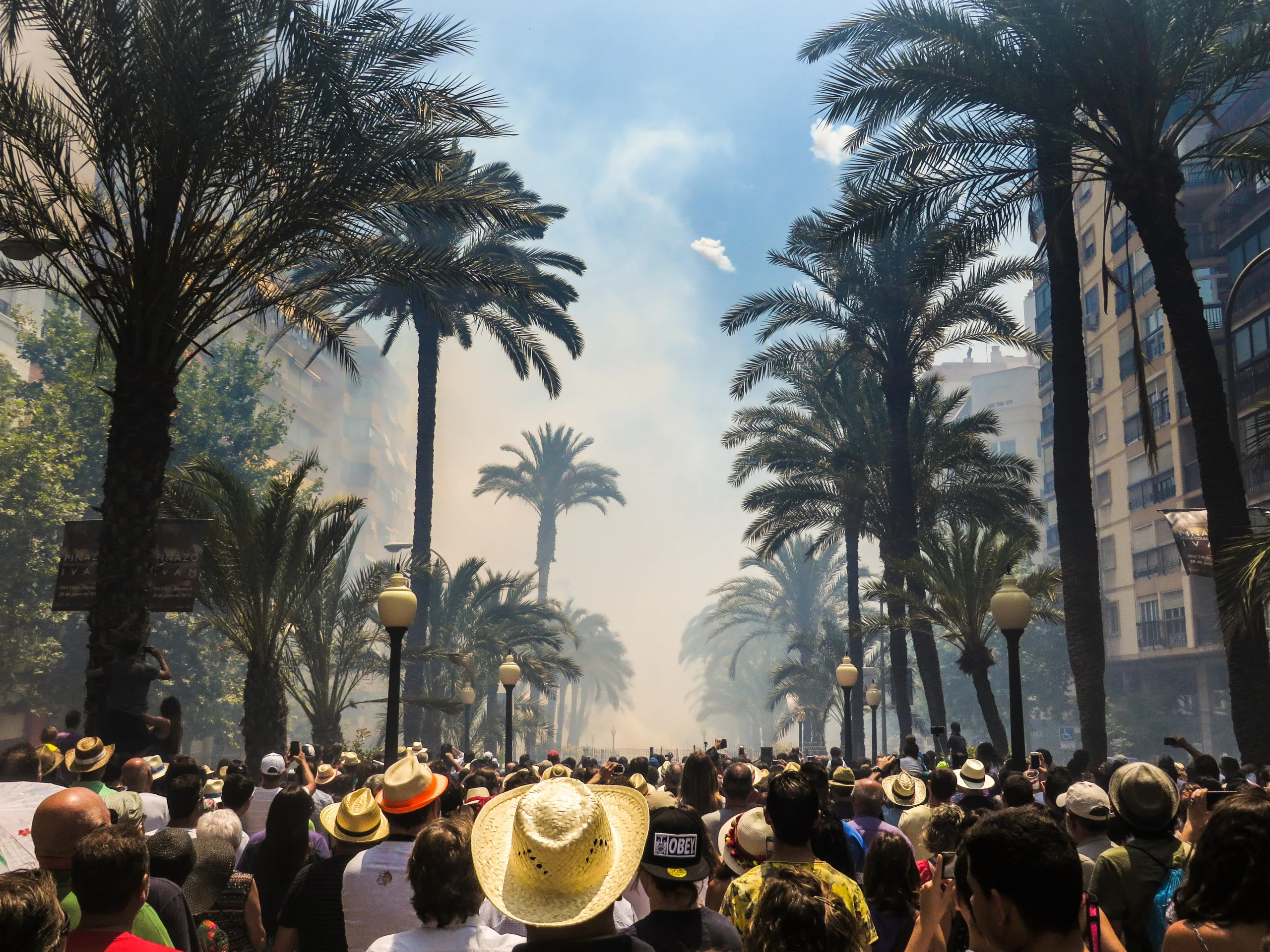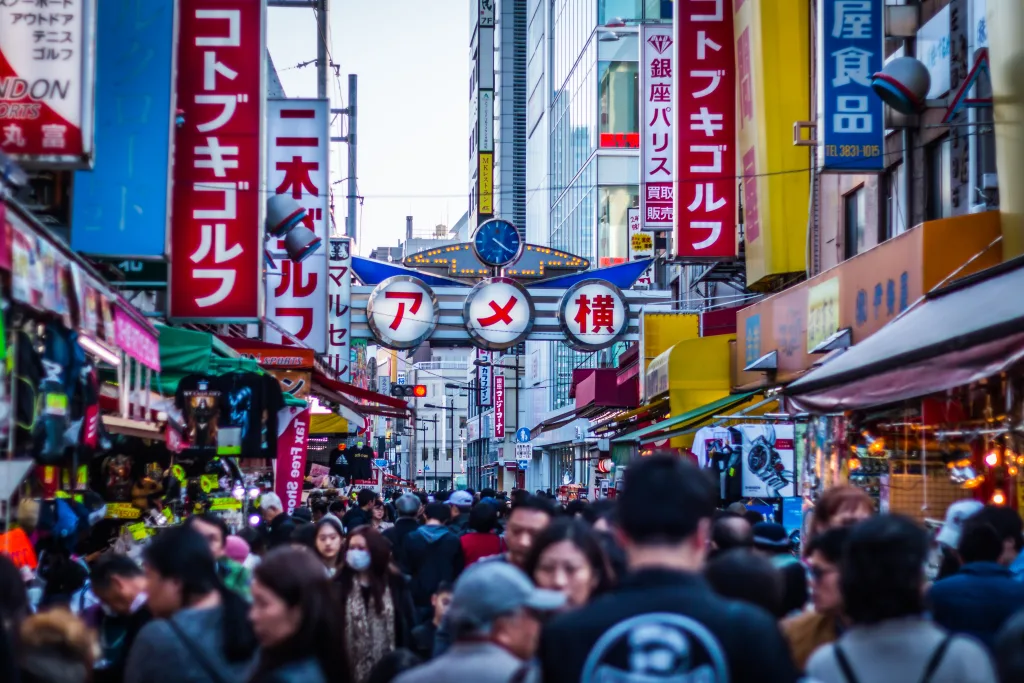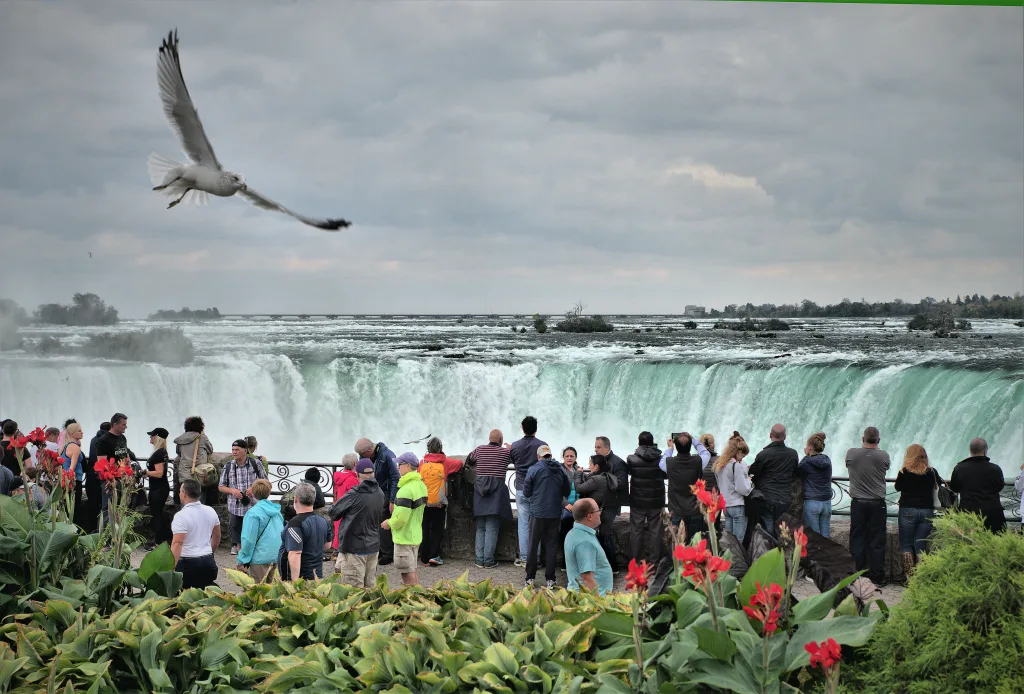
Overtourism —what is it?
Overtourism is when there are excessive numbers of tourists at a single location. The problem of overtourism arises when the cost of local rents becomes competitive with that of vacation rentals, causing locals to move out of the way to make room for tourists. Another example of overtourism is when a route becomes congested with tourist cars. Local wildlife is frightened away, sightseers having a hard time getting a good view, and delicate ecosystems destroyed are also sure evidence that there are just too many visitors at a location.

Why does it happen?
Overtourism happens because industrial tourists are just concerned with expansion without making any kind of contribution. After decades of practically unchecked growth, tourism has finally reached a tipping point where in many locations, tourists now cause more issues than they provide solutions for.
This issue can manifest itself in a variety of ways, such as an increase in the number of visitors visiting the nation’s capital or an excessive number of tourists in relatively isolated rural villages. Overtourism is not just a problem in big cities, it has also been seen in wilderness areas, national parks, and remote places like the Isle of Skye.

There are a lot of different things that might help or hurt tourism, and these things change depending on where you are. Airbnb has been regarded a scapegoat due to the sudden availability of thousands of beds in cities and towns around the world without any planning, permits, or fees. As the shared home concept becomes more commercialised, hosts can compete with hotels and hostels in the area, room vacancies can appear in otherwise crowded neighbourhoods, and high demand for units can lead to increased rents without displacing existing inhabitants.
One way the common people can fix this is by making sure we do not take advantage of the rental amenities that are offered in well-known holiday spots. But in order to truly affect change across the industry and in other parts of the world, things need to take place on a more fundamental level. Governments and local authorities must find measures to limit tourists by raising costs, providing licences for select sites, restricting cruise ships of a certain size, or enforcing business regulations.
